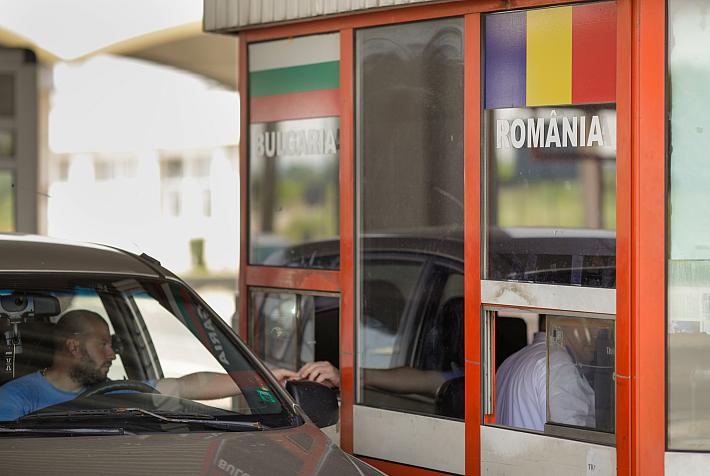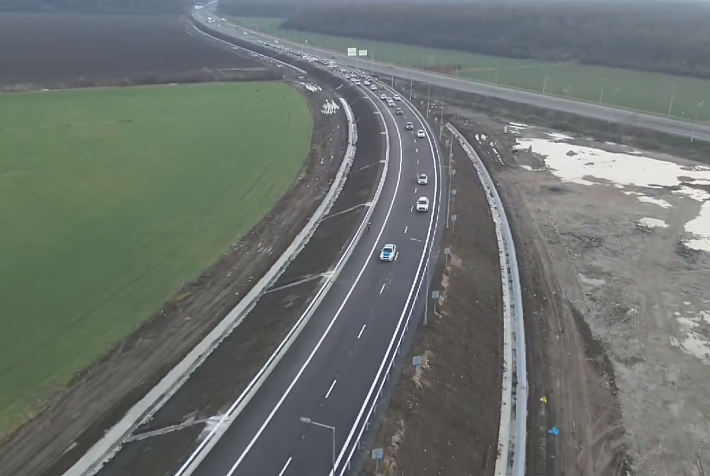EY Attractiveness Survey Romania shows investors attracted by grants, mild taxation

Romania firmly maintains its resilient market position despite a 13% decline in the number of foreign direct investment projects (from 69 to 60) in 2023, capturing the confidence of investors who still see its potential, EY concluded following its Attractiveness Survey conducted in the first part of 2024.
However, Romania's ranking in Europe's FDI attractiveness index dropped from 15th in the 2023 edition of the survey to 17th place this year.
"The favorable outlook is recognized by 67% of investors, who anticipate an increase in Romania's attractiveness as an investment destination over the next three years," according to Bogdan Ion, Country Managing Partner, EY Romania.
However, the survey reveals features that are less visible in public debate.
- Foreign direct investors are attracted by the "non-reimbursable funding," such as grants, and by the tax system -mild corporate taxation essentially, according to the findings of the survey. Both drivers are not sustainable as they pose significant public costs and furthermore interfere with the functioning of the free markets.
- Also according to the survey, Romania surpassed Greece and Bulgaria (but not non-EU country Serbia, Hungary, not to mention Poland) in the number of FDI projects in 2023. It ranks fifth in the average number of jobs created per project (notably after Hungary, Serbia, Spain, and Austria).
- Separately, the survey highlights "the quality and availability of labor in Romania," with 26% of investors considering them among the top three attraction factors – in contrast to the frequent labor and talent shortage complaints expressed by associations of investors.
However, an increasing number of prospective investors (31% compared to 7% in the past edition of the survey) believe Romania should invest more to develop workforce's education and skills. Investments in infrastructure are needed (24% compared to 9% in the past edition of the survey) as well. Public support to SMEs is seen as important for developing a competitive position in the global economy by a decreasing share of potential FDI investors (23%, down from 45%).
The survey concludes a shift of FDI investors' interest from the IT/Business Services sector to manufacturing (particularly electronics) and logistics.
FDI projects in manufacturing gained momentum.
"Manufacturing projects dominate the FDI scene with 24 new ventures, making Romania emerge as a strong hub for both manufacturing and logistics, leveraging its cost-competitiveness," according to EY.
Electronics stands out by the rising number of FDI projects: "Electronics manufacturing has once again emerged as a prominent sector in Romania, securing 2nd place in foreign direct investments, with 10 projects in 2023," according to EY.
"German conglomerate Leoni Wiring Systems made significant strides in the region, inaugurating its 10th factory in Beius, Bihor County, following a substantial EUR17.5 million investment. [...] With the company accessing EUR4.9 million of non-reimbursable funding for this project, it becomes evident how crucial state aid can be in driving forward foreign direct investment."
In contrast, FDI investments in Business Services lose ground.
The number of FDI investments declined sharply (from 22 to 11) against the rising trend in Europe and against the bullish expectations expressed by investors in the previous iteration of the survey (47% of them expecting more investments in this sector).
"One possible reason could be the new Romanian IT Tax incentive, potentially diminishing the attractiveness of working in this sector," according to EY.
The global downturn in IT&C, the expected impact of AI, and rising wage expectations squeezing out low value-added projects are other potential causes.
iulian@romania-insider.com
(Photo source: Natanael Alfredo/Dreamstime.com)













